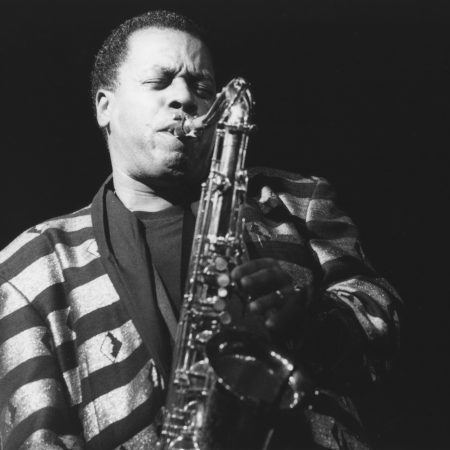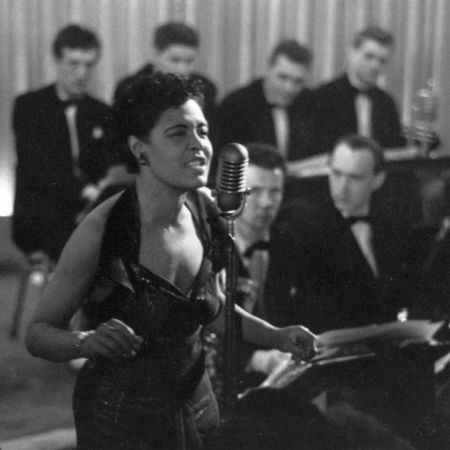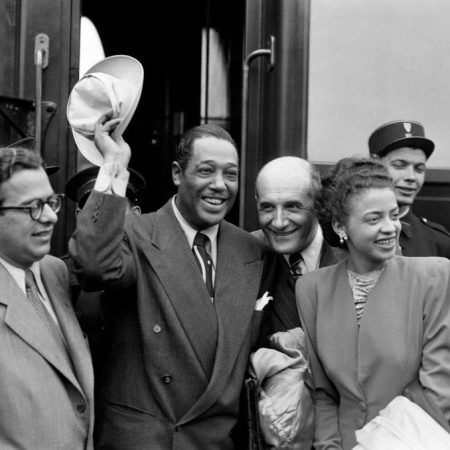Regardless of genre, musical traditions, or history, the appeal of the ecstatic is undeniable for countless musicians. Pharoah Sanders, who died on Saturday in Los Angeles at the age of 81, knew that better than most. There are countless reasons to hail Sanders as a musical giant — besides his own stunning work as a bandleader, he also worked with the likes of John Coltrane, Sun Ra, Alice Coltrane and Sonny Sharrock.
In 2020, Nathaniel Friedman interviewed Sanders for The New Yorker. It’s a wide-ranging conversation, touching on everything from Sanders’s early years in New York City to the creation of some of his most acclaimed work. But what stands out — and what seems to have left Friedman understandably surprised — is Sanders’s restlessness about his own work.
At one point, Friedman asks Sanders an eminently understandable question: “Do you feel like you’ve ever had a moment, or a record, where you’ve been, like, ‘I got this one right’?” Sanders’s response is quick and decisive: “No.”
Later in the interview, Friedman asked Sanders if he’d made an album where he felt happy about his sound. “I haven’t made it yet,” Sanders replied. “Sometimes on my horn, a couple of notes, I’m feeling satisfied with it, but the rest of the notes just is not sounding right.”
It’s a surprising admission, but it also speaks to Sanders’s willingness to push his sound into unexpected places throughout his career. One of the last albums he played on that was released during his lifetime was Promises, a collaboration with Floating Points and the London Symphony Orchestra. Writing at Pitchfork, Mark Richardson dubbed the album “a clear late-career masterpiece” and hailed Sanders’s “emotionally powerful” work.
That’s what Sanders was doing at the end of his career. Before that, he was helping to create the genre of spiritual jazz; somewhere in there, his transcendentally great “The Creator Has a Master Plan” also became a favorite in Krautrock circles. There’s absolutely nothing else like his body of work; because of his constant search for the ineffable, he’s left behind a monumental array of music that can still summon something transcendental.
Thanks for reading InsideHook. Sign up for our daily newsletter and be in the know.


















